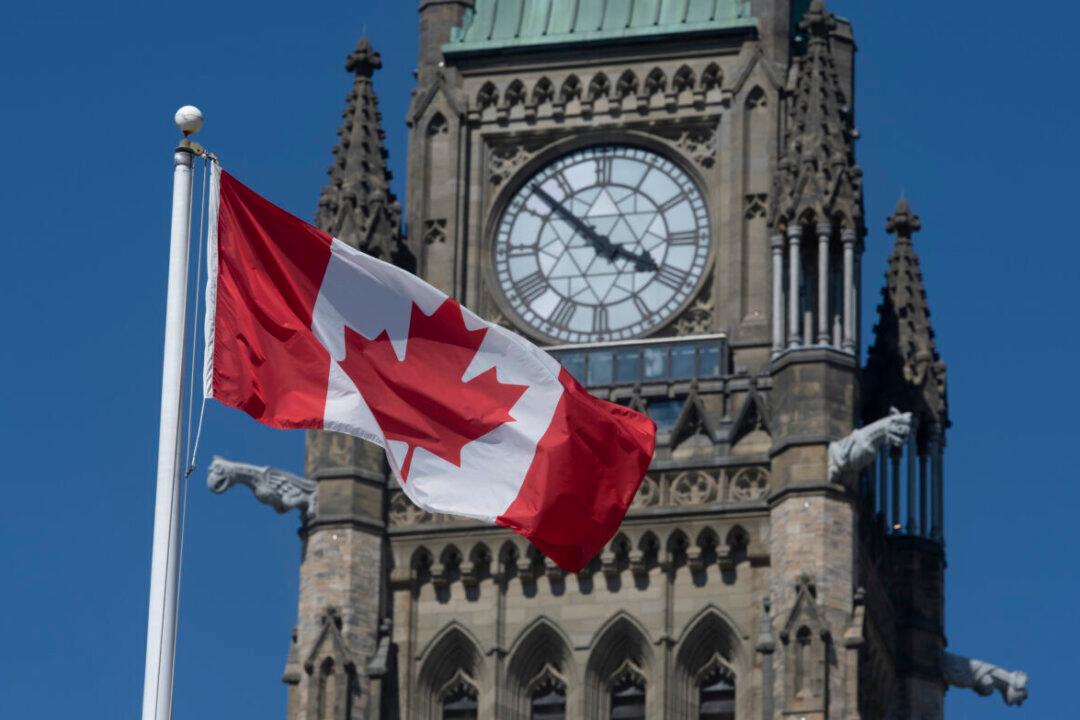The COVID-19 pandemic has caused Canadians to have an “increased distrust of government and science,” according to a report by the Public Health Agency of Canada (PHAC).
The report, based on questionnaires with 2,088 Canadians and 16 focus groups nationwide, noted that less than one quarter (22 percent) of those surveyed said they were more likely to trust federal agencies since the pandemic.





